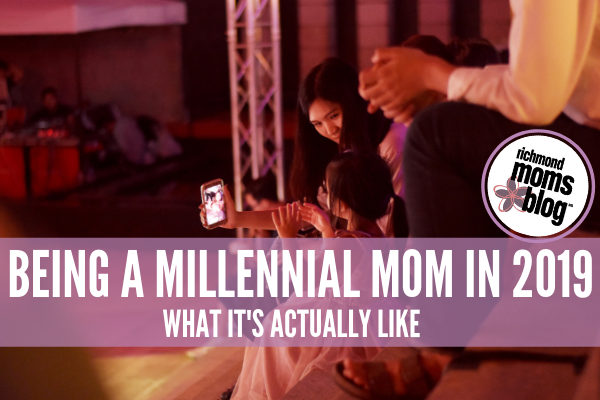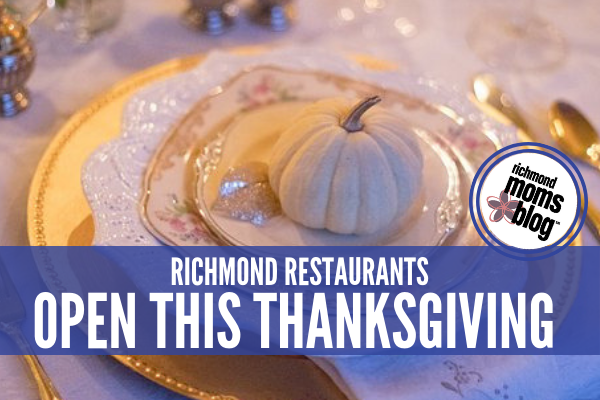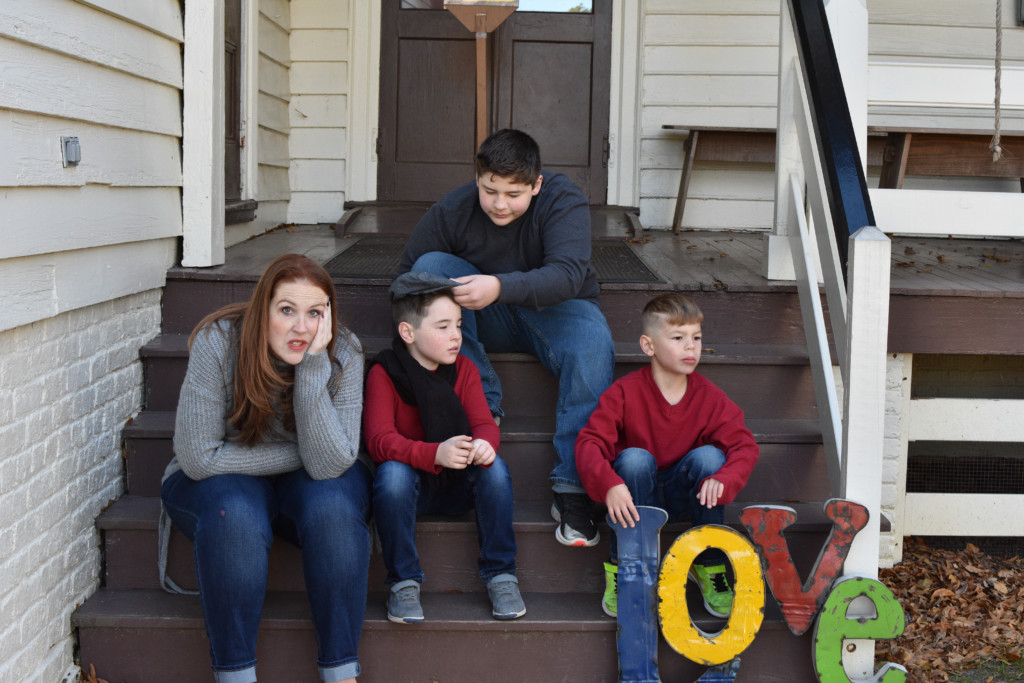Snack time happens every day at our house and is pretty uneventful. I dole out the food, they eat and we move on. One day after I poured out a bowl of tortilla chips, my first grader asked for the bag back. Then she flipped it over and started talking about the calorie count. Um, what?
That’s not something we talk about in our house.
I could tell what she was saying didn’t come from home, it wasn’t the way we talk about food. So I started asking questions… “what are you looking for? Who shared this information with you?” Etc… She never made the direct connection between calories and weight but I could tell she was hinting at it. Apparently she learned about calories from a little boy in her class.

I tried to play it cool
I tried to be nonchalant with my daughter so she couldn’t tell how much this was freaking me out. Among other things, eating disorders are something I worry about as a mom of girls but not anything I was prepared to address at age six.
In the moment, I decided to address the science behind calories and the components of food and how we need calories to have energy to function and live and how everything in moderation was the way to go. During the little bit of time we spend talking about food, we usually talk about protein, fat and carbs and how you need a balance to be healthy. Like when they want a side of bread to go with rice at dinner, we talk about adding healthy protein with some fat and nutrients from fruits and veggies. But honestly we don’t really spend that much time on it.
Did I handle this in the right way?
After our calorie conversation I did a lot of second-guessing… did I handle that in the best way? What do I need to be watching for? I don’t know a lot about eating disorders so I reached out to my friend Jamie Gibberman who is a Registered Dietician at The Advanced Wellness Center. She was surprised to hear that this topic came up already and had some good advice for navigating these conversations with elementary aged kids.
Ask open-ended questions
She said to start by asking open ended questions to find out your child knows and how they are interpreting the information. She said it could simply be an observation as kids are expanding their literacy and numeracy skills and that shouldn’t cause alarm.
I did discuss this with my daughter’s teacher and found out it wasn’t a part of the class curriculum or a conversation she was aware of.

When it becomes a problem
Jamie said attention to calories can become problematic if it’s related to a focus on body weight or they avoid eating a food because of the calories.
She said my approach to the situation worked and suggested not giving it much attention in the hopes that it would go away. She says, “If the behavior persists, it also can be appropriate to say – calories are the energy in food, but they don’t tell you anything about how it tastes, how it smells, how it is made or grown, what vitamins and minerals it has, how it makes your tummy feel, etc.”
She encourages parents to make the calories a small part in a bigger puzzle that is describing a food.

What to watch for
Thankfully my daughter eventually stopped talking about calories altogether. But if that didn’t happen, Jamie said there are a few things to watch out for that are a warning sign for potential eating disorders in elementary school aged kids, “if she is electing not to eat certain foods based on calories (restriction) or some other food rule, excessive focus on body size or negative talk about specific body parts, or eating in secret/hiding foods.”
Find out more
Jamie also put together a great list of help parents of elementary aged kids create a healthy relationship with food. You can see it here.
For older children, she recommends nationaleatingdisorders.org or a comprehensive list of behaviors associated with eating disorders.









